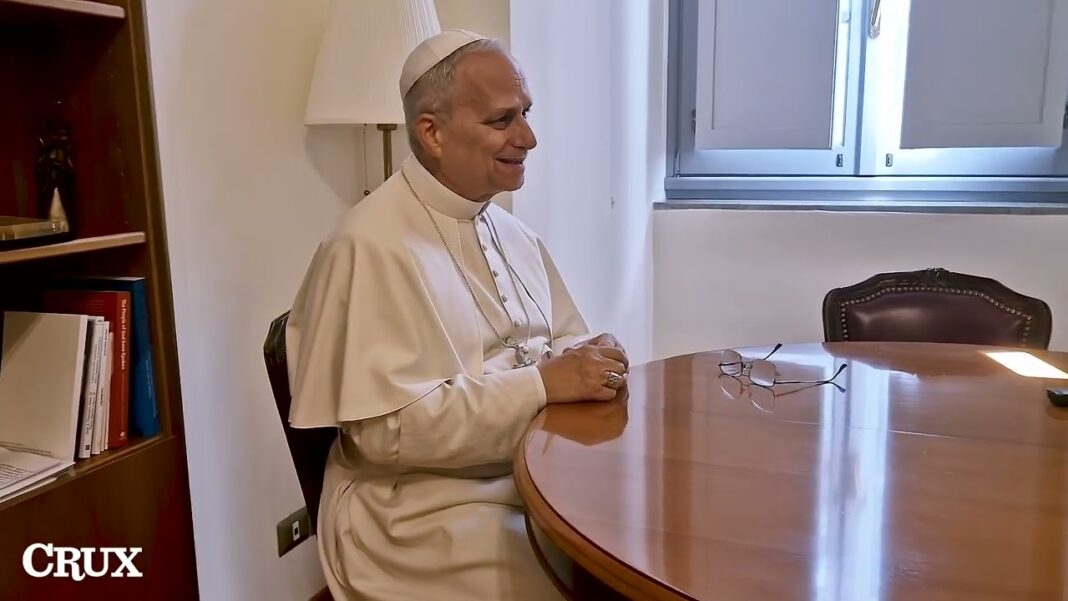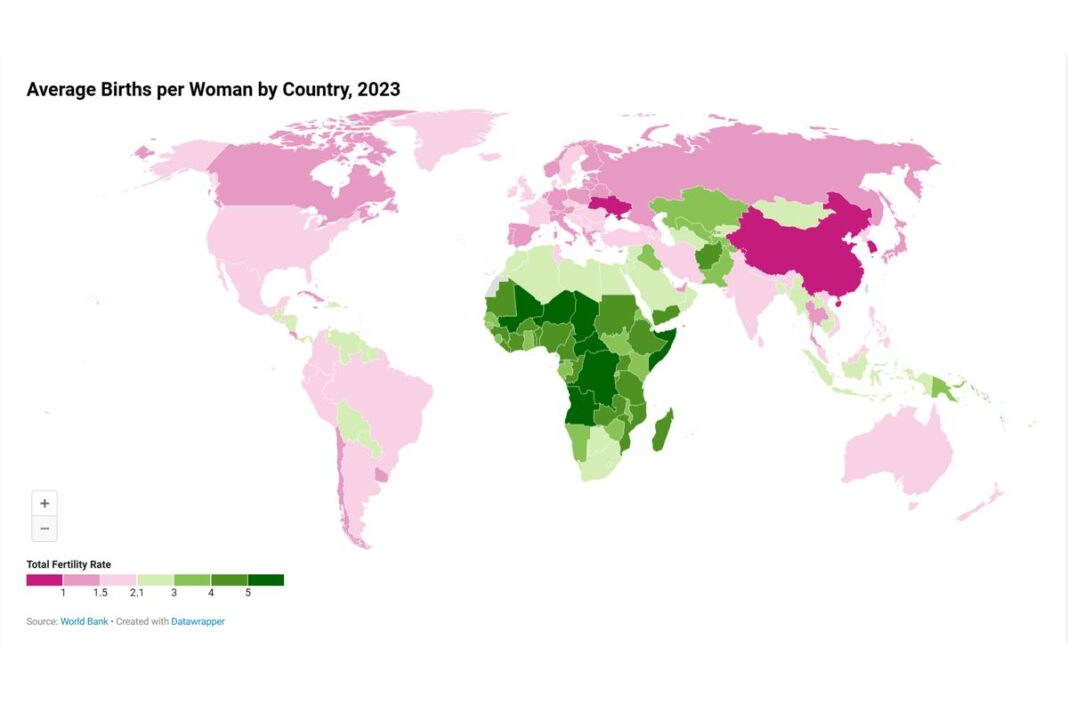‘It’s a very difficult situation,’ Pope Leo XIV said.
In Pope Leo XIV’s first interview, he signaled a potential change to the Vatican’s China deal, saying he is listening to persecuted Catholics in China.
Pope Leo XIV gave the interview in Spanish to the Catholic publication Crux, which published it in installments this week, starting on Sept. 14.
The pope said he is in “ongoing dialogue with a number of people, Chinese, on both sides of some of the issues that are there.”
He did not announce any changes, deferring to his predecessors, but said there have been several high-level discussions about China.
“I’m trying to get a clearer understanding of how the church can continue the church’s mission, respecting both culture and political issues that have obviously great importance, but also respecting a significant group of Chinese Catholics who for many years have lived some kind of oppression or difficulty in living their faith freely, and without choosing sides,” Pope Leo XIV said.
“I’m certainly taking that into consideration, along with other experiences that I’ve had previously in dealing with Chinese people, in government as well as religious leaders and lay people. It’s a very difficult situation.”
He has recently made other statements regarding China, including announcements of a new diocese in Zhangjiakou, China, and the consecration of its first bishop, the Rev. Giuseppe Wang Zhengui.
Under Pope Leo’s predecessor, Pope Francis, the Vatican signed an agreement with China in 2018 on the appointment of bishops. The details of that deal have not been made public.
It drew widespread concern among human rights advocates, given that the Chinese Communist Party (CCP) is known to persecute Christians and other religious groups, labeling worshippers who do not follow the state version of religions as cultists and criminalizing faith outside of state control. The CCP in 1955 detained the Roman Catholic bishop of Shanghai for refusing to renounce papal authority, and he remained in prison for three decades.
The deal aimed to end a stand-off over who had the authority to appoint bishops in China, where the regime has made its own appointments. It allowed Beijing to propose future bishops, while the pope would ostensibly have veto power over the appointments.
It was renewed for two years in 2020, and again in 2022. In October 2024, the Vatican and China renewed the deal once again for four years.
That same month, the Center for Religious Freedom at Hudson Institute published a report that found that the persecution of Catholics had “intensified” since the 2018 deal, focusing on the persecution of 10 Catholic bishops. They include bishops who were wrongfully detained, some multiple times, and others who were disappeared.
The report states that the CCP targets “hierarchs who resist Chinese Communist Party control over religious matters.”








